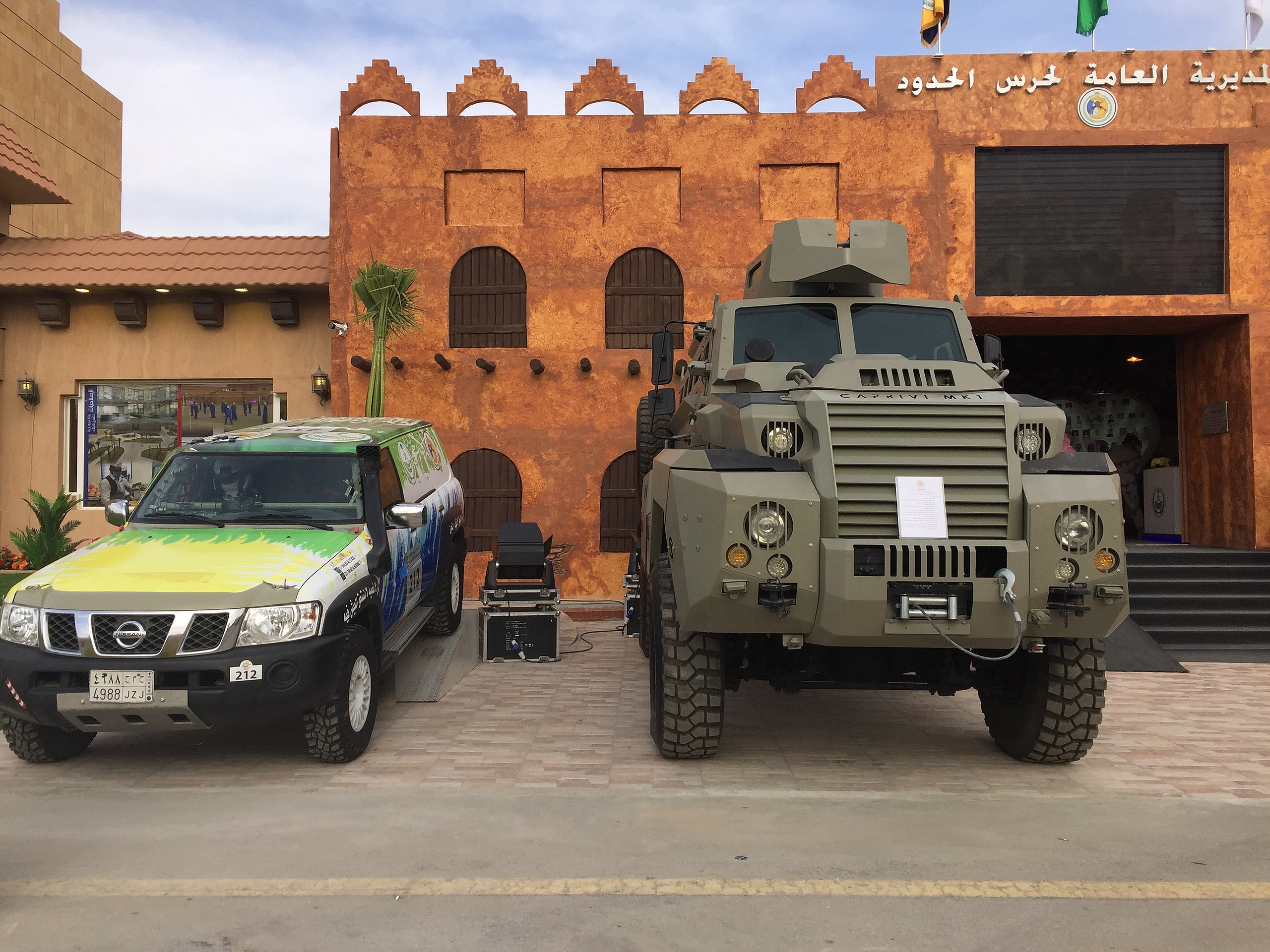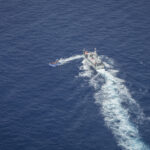Four months before a UN report, the German government knew about reports of massacres of refugees in Saudi Arabia. However, trainings of the federal police continued. Oil guards also benefit.
The German government had long had indications of human rights violations by Saudi security forces on the border with Yemen and nevertheless continued its police cooperation with the regime. This is the answer given by the Ministry of the Interior to a parliamentary question from the Left Party, in which the latter inquires about measures taken by the Federal Police. According to the ministry, the German government was informed “for the first time about suspicions” regarding alleged massacres on 27 June 2022.
Under the title “They shot at us like rain”, the human rights organisation Human Rights Watch had published a report in August on crimes committed by Saudi Arabian units on the border with Yemen. According to the report, the troops deployed there shot, among other things, with heavy weapons at refugees fleeing the civil war in Yemen. Human Rights Watch therefore accuses the government in Riyadh of crimes against humanity. In October 2022, the UN Special Rapporteur on Extrajudicial Executions already reported on such massacres.
The Saudi border police are among the units trained by Germany under a security agreement that came into force in 2012. With the agreement, the German government at the time wanted to support a project worth €2 billion by the then EADS Group (now Airbus) to secure the border in Saudi Arabia. The German Federal Police is responsible for this.
The German training was initially suspended after the brutal beheading of Saudi journalist Jamal Khashoggi in the Saudi embassy in Istanbul became known in October 2018. 15 months later, in January 2020, the federal police resumed the measures.
Since the resumption in 2020, 889 members of the Saudi Interior Ministry have been trained by the Federal Police, 714 of them members of the Border Guard, the Parliamentary State Secretary in the Interior Ministry, Rita Schwarzelühr-Sutter (SPD), writes. In addition, other police authorities in the Interior Ministry’s area of responsibility would have participated in the training. Among them are the “Facility Security Forces”, which are responsible for the protection of oil production facilities and other critical infrastructure.
Schwarze-Lühr notes that the German government received around €14.5 million from the Saudi Ministry of the Interior for its police training measures until 2022.
However, the Bundeswehr was also involved in the measures within the framework of the security agreement. It is known, for example, that soldiers of the army instructed their partners in Saudi Arabia in the operation of German reconnaissance drones. The German manufacturer EMT had sold these “Luna” to the border guards.
The sums the German government received for this military training are to remain classified information. The publication of this information would be “likely to endanger the well-being and security of both foreign security forces and German armed forces facilities and personnel”, according to the justification.
The question of which exports were approved for the “Luna” drones is evaded by the SPD-led Ministry of the Interior. In the answer, only the period from 1 January 2018 is considered – that is, four years after the security agreement came into force. The company EMT was not granted any “final” export licences during these years, it says nebulously.
Even after the reports on human rights violations by the Saudi border guards, the German government does not want to terminate the security cooperation agreement. It would be possible to withdraw from the agreement in writing “through diplomatic channels” with six months’ notice. However, this has not been done, the government states in its answer.
However, after the alleged massacres became known, the Federal Police had not planned any measures “specifically for the Saudi Arabian border guards” “in the current training programme”. The answer leaves open the period for which this planning applies. Nor does it make any reference to the possible termination of training for the other police authorities or the oil guards.
Published in German in „nd“.
Image: 36- Saudi Border Guards Vehicles, Qrmoo3, CC BY-SA 4.0





Leave a Reply